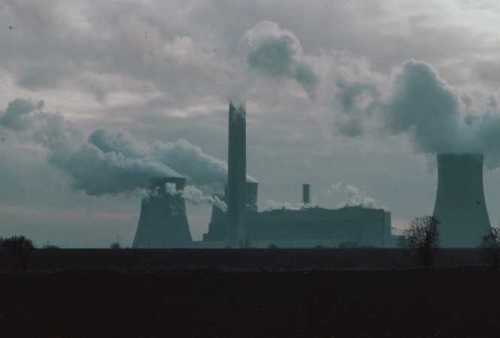You don’t like web pages that load slowly and neither do your site visitors. Most people do not have the patience to wait for more than a few seconds for pages to load. Studies show that, after 3 seconds, 53% of mobile visitors will simply leave the page if it’s not loaded.
Do you know how long your web pages take to load both on fast broadband and on an average mobile connection? Is it more than 3 seconds?

If it is more than a few seconds, then it is highly likely that you are losing business as a result of this slow page load speed. The slower your web pages, the more business you are losing.
However, it gets worse. Because your site is slower than it should be and, therefore, negatively affecting user perception, Google is going to rank your site lower in the search results, so your site will get less traffic. Google does not want to promote slow sites because people don’t like them.
So, it really is worth your while speeding up your site. We can make an assessment of your site and make recommendations for improvement. If that sounds helpful, please contact us directly.
Power Usage

The internet, as a whole, uses a LOT of electricity. Some have suggested that the internet accounts for 2% of all greenhouse gas emissions. That estimate was made in 2015 - more recent estimates (2023), suggest the figure is now closer to 3.7% which is more than the entire aviation industry.
Some large companies (notably Google) are close to running their web servers with 100% renewable energy as well as taking steps to use energy more efficiently. However, many, many web servers do not run on renewable energy.
As you might expect, the more efficient your website is, the less power it uses. so, by reducing the amount of data that flows from server to a user’s device (phone, desktop etc), we reduce the power usage. And, by reducing the amount of data transferred, we are likely to speed up the loading of the page.
So this is another very good reason for putting some effort into page speed optimisation – it reduces greenhouse gases.
This article from the BBC website, goes into detail about how 2 companies updated their websites to reduce carbon emissions and the benefits they saw from doing so.
The AttractMore website uses very little power and has been accredited by the Eco-Friendly Web Alliance as using well below the carbon threshold they specify. The footer of all pages on this site shows a measure of how much carbon is used for each page view. You can read more about our sustainability commitment on our Environment page.
Our Services
Initially, we offer a low-cost assessment of your website with respect to speed. We make recommendations of changes that can be made to reduce the time taken for pages from your website to load.
We are always pleased to actually carry out page speed optimisation work on behalf of clients to make the internet a better place for users as well as reducing the carbon footprint of the internet as a whole.
Summary
Page speed optimisation is an activity that is well worth undertaking as it improves the experience of people visiting your website by reducing the frustration of slow loading pages, it will lead to higher search engine rankings in Google and it reduces carbon emissions.
Most of us like to think that our businesses are, to some extent at least, ‘green’. If we’re serious about this, then web page speed optimisation needs to be part of our thinking. Efficient websites can contribute to the sustainability of our planet. This article give more detail about sustainability and web page load speed and this one discusses the ethics of web performance.